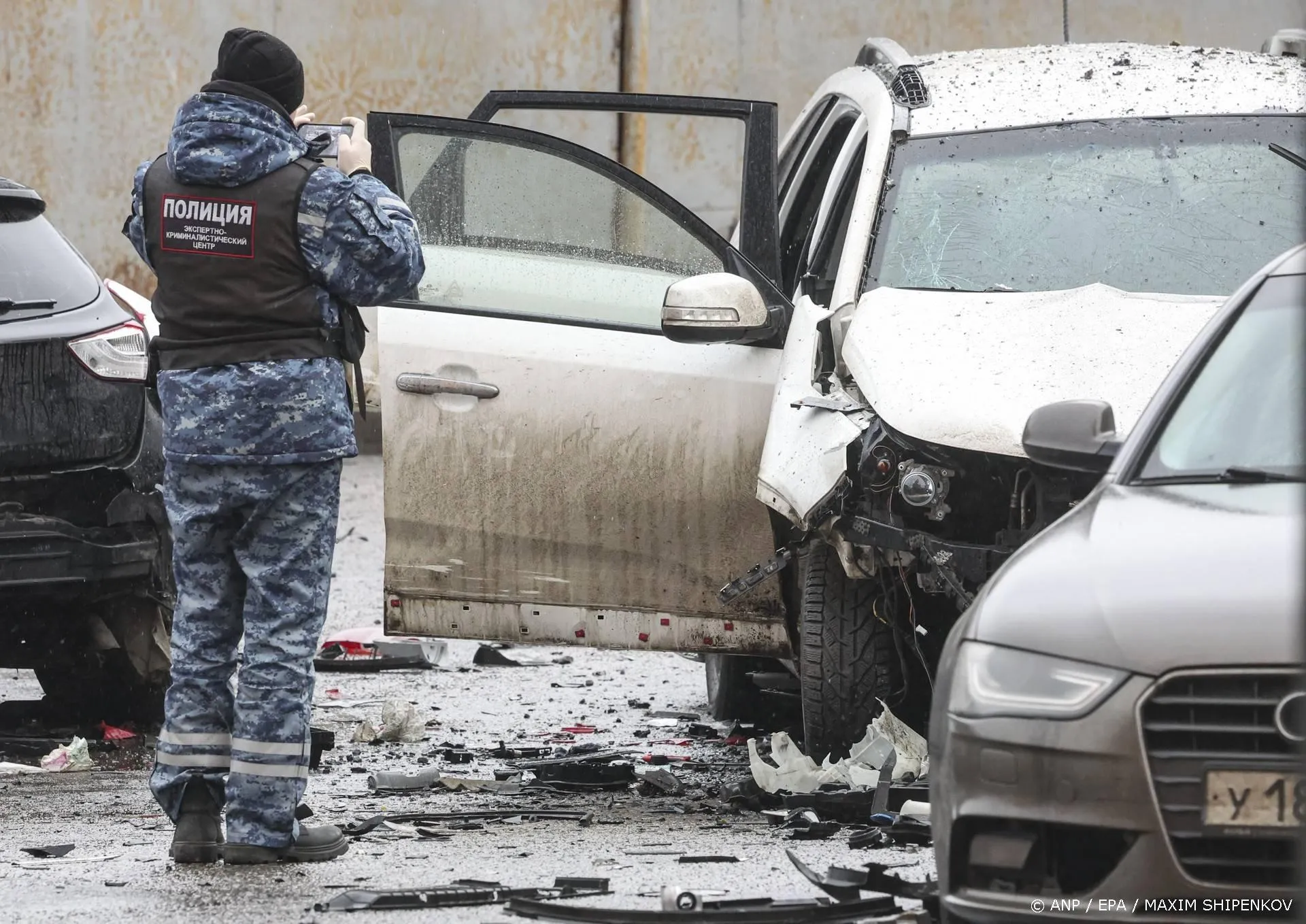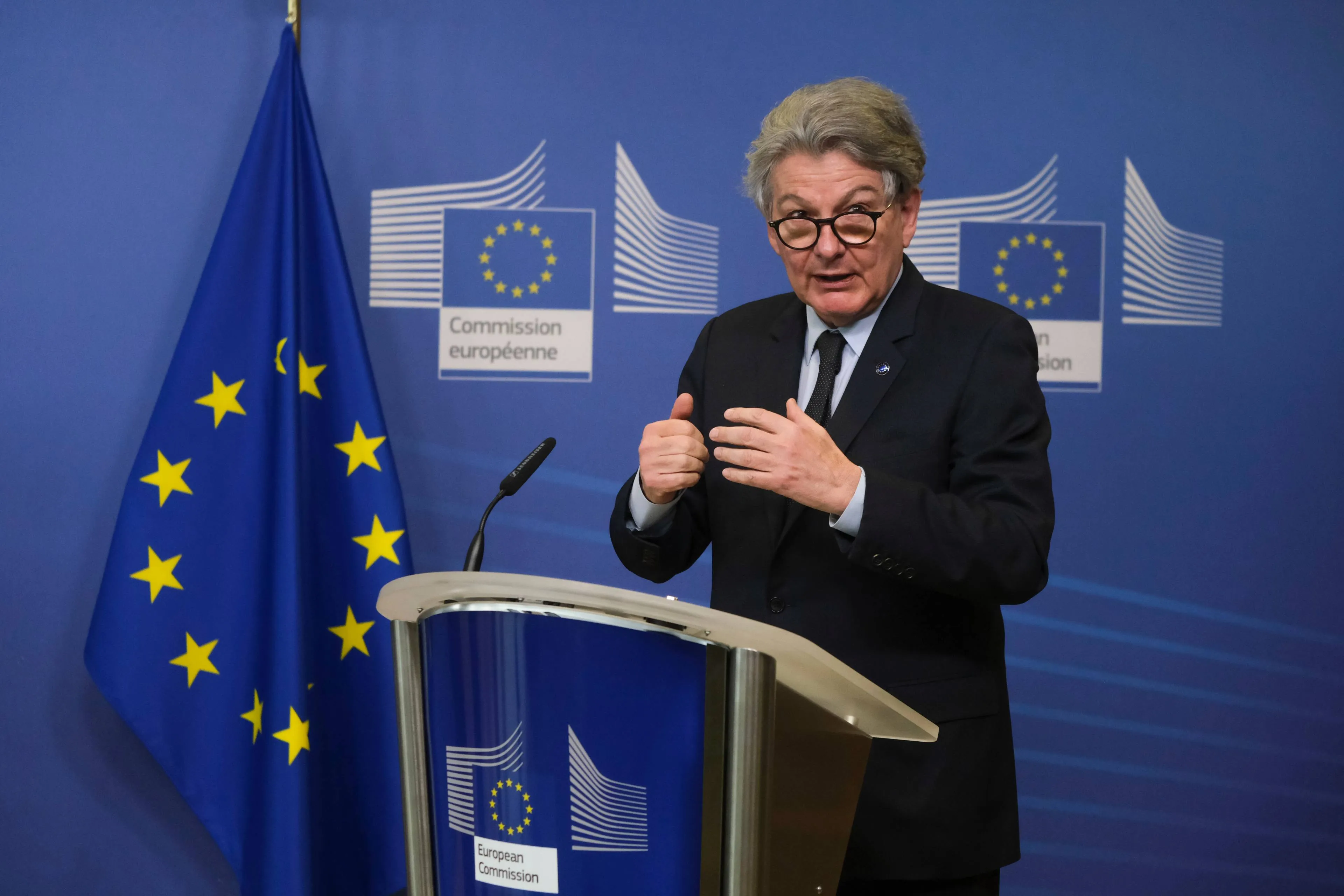Nieuwe episode in klimaatalarmistische 'soap'
Rapport Werkgroep III van het IPCC. Klimaatbeleid voor een appel en een ei? Wie trapt daar nu in?
'The Guardian' was er snel bij toen het rapport van Werkgroep III van het VN-klimaatpanel (IPCC) van het weekend uitkwam. Onder de titel, 'Averting climate change catastrophe is affordable, says IPCC report', schreef Damian Carrington:
Landmark UN analysis concludes global roll-out of clean energy would shave only a tiny fraction off economic growth.
The landmark UN report on climate change concludes moving to renewable energy is achievable.
Catastrophic climate change can be averted without sacrificing living standards, according to a landmark UN report published on Sunday. It concludes the transformation required to a world of clean energy and the ditching of dirty fossil fuels is eminently affordable.
The authoritative report, produced by 1250 international experts and approved by 194 governments, dismisses fears that slashing carbon emissions would wreck the world economy. It is the final part of a definitive trilogy that has already shown that climate change is unequivocally caused by humans and that, unchecked, it poses a grave threat to people and could lead to lead to wars and mass migration.
Diverting hundred of billions of dollars from fossil fuels into renewable energy and cutting energy waste would shave just 0.06% off expected annual economic growth rates of 1.3%-3%, the Intergovernmental Panel on Climate Change (IPCC) report concluded. Furthermore, the analysis did not include the benefits of cutting greenhouse gas emissions, which could outweigh the costs. The benefits include reducing air pollution, which plagues China and recently hit the UK, and improved energy security, which is currently at risk in eastern Europe after the actions of major gas-producer Russia in Ukraine.
The new IPCC report warns that carbon emissions have soared in the last decade and are now growing at almost double the previous rate. But its comprehensive analysis found rapid action can can still limit global warming to 2C, the internationally agreed safety limit, if low-carbon energy triples or quadruples by 2050. ...
to avoid the worst impacts of climate change at the lowest cost, the report envisages an energy revolution ending centuries of dominance by fossil fuels and which will require major political and commercial change. On Thursday, Archbishop Desmond Tutu called for an anti-apartheid style campaign against fossil fuel companies, which he blames for the injustice of climate change.
The report includes nuclear power as a mature low-carbon option but cautions that has declined globally since 1993 and faces safety, financial and waste management concerns. Carbon capture and storage (CCS) trapping the CO2 from fossil fuel burning and then burying it is also included, but the report notes it is an untested technology at large scale and may be expensive.
Biofuels, used in cars or power stations, could play a critical role in cutting emissions, the IPCC found, but it said the negative effects of some biofuels on food prices and wildlife remained unresolved. Emissions can be cut in the medium term by replacing coal with less-polluting gas, the IPCC states, but gas will then also have to be phased out. ...
The report's final 37-page summary emerged from a week of negotiations between the 194 countries, with long disputes over contentious sections running until 6am on the last night. Objections from rich nations saw the complete removal of a section stating that hundred of billions of dollars a year would have to be paid by developed countries to developing countries, to ensure they grow their cities and economies in a non-polluting way.
Lees verder hier.
De samenvatting voor beleidsmakers van het rapport is hier te vinden.
Tot zover het recente rapport van Werkgroep III van het VNklimaatpanel voorlopig de laatste episode uit de klimaatalarmistische soap. Het zal naar mijn inschatting geen enkel effect hebben op de diplomatieke onderhandelingen volgend jaar in Parijs om te komen tot een opvolger van het Kyotoverdrag. Dat is trekken aan een dood paard.
'Soap'? Ja, 'soap'! Want de opwarming is meer dan 17 (!) jaar geleden opgehouden. Met een fijn gevoel voor Orwelliaanse newspeak wordt dit aangeduid met opwarmings'pauze'. Maar de 'pauze' duurt wel heel erg lang en is tot dusver niet verklaard, behoudens dan enkele gelegenheidshypothesen, die geen van alle bewezen zijn. Bijna geen enkele klimaatmodel heeft deze 'pauze' voorspeld (beter: geprojecteerd). 'If you can't explain the pause, you can't explain the cause.' Maar dát wordt op kundige wijze verdoezeld.
Kortom, in het IPCCproces wordt van Werkgroep I via Werkgroep II naar Werkgroep III, als een drietrapsraket fantasie op fantasie op fantasie gestapeld. De samenvattingen doen daar nog een schepje bovenop. De spreekbuizen geven er nog hun spin aan. En ten slotte gieten de media daar nog een smakelijk extra alarmistisch sausje overheen. Het eindproduct verhoudt zich tot wetenschap als een griezelfilm tot een documentaire. Of, zoals Richard Tol dat zo mooi beschrijft: 'De vier ruiters van de Apocalyps.'
Gelukkig is er het NIPCC ('Nongovernmental International Panel on Climate Change'), de klimaatkritische tegenhanger van het alarmistische IPCC. Deze is tegelijkertijd met een omvangrijk rapport uitgekomen. Dit rapport is gebaseerd op waarnemingen uit de werkelijkheid niet op speculatieve modellen, die nog maar weinig met de realiteit hebben te maken en nooit zijn gevalideerd. Het NIPCCrapport schetst een veel optimistischer beeld.
Onder de titel, 'Deepening divide over climate change sparks fierce debate' schreef Doug McKelway voor 'Fox News':
In the climate change debate, believers and skeptics alike have vastly different opinions based on widely divergent facts.
That was illustrated by Wednesday's release of "Climate Change Reconsidered II," a study by the Nongovernmental International Panel on Climate Change [NIPCC], which draws its conclusions from thousands of peer-reviewed papers, and which finds global warming to be an entirely manageable, if not beneficial, change in the climate.
The report stands in stark contrast to the U.N.'s latest Intergovernmental Panel on Climate Change report of March 31, which predicts "severe impacts" from climate change, but which was toned down from earlier IPCC reports that predicted an array of global catastrophes resulting from the proliferation of greenhouse gasses into the atmosphere.
The IPCC reports have, through the years, stood as the unassailable foundation for the Obama administration regulatory policy on global warming. "The debate is settled. Climate change is a fact," Obama said in his 2014 State of the Union Address.
"The dirty little secret is, we are now at 17 years and 8 months of no global warming," says Roger Pilon, Vice President for Legal Affairs at the Cato Institute. "Their models have failed year in and year out," he says .
The NIPCC report finds:
-- That warming from greenhouse gases will be so small as to be indiscernible from natural variability.
-- The impact of modestly rising CO2 levels on plants, animals and humans has been mostly positive.
-- The costs of trying to limit emissions vastly exceed the benefits. ...
Longtime climate change skeptic Sen. Jim Inhofe, R-Okla., introduced legislation last week that would tackle the administration's regulatory end-run around Congress. It would prevent the EPA from issuing any final rule until it conducts an economic analysis as required under the Clean Air Act.
Ja, kosten/batenanalyse van het klimaatbeleid, zoals senator Inhofe vraagt! En, om de woorden van Willem Vermeend te herhalen: ' dan sneuvelt het!'
Lees verder hier.
De samenvatting van het NIPCC-rapport is hier te vinden.
Deze 'posting' van de hand van Ken Haapala geeft een goed overzicht daarvan.
Voor mijn eerdere DDSbijdragen zie hier.
Ga verder met lezen
Dit vind je misschien ook leuk
Laat mensen jouw mening weten
Lees ook
Loading


